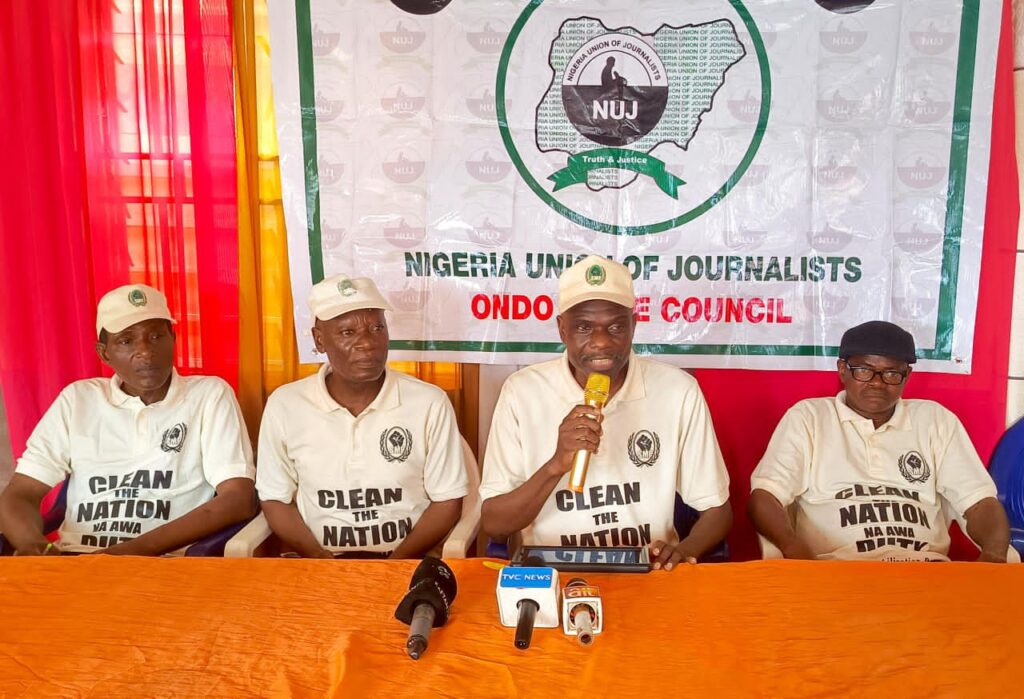A pro-democracy group, the Social Mobilisation Project (SMP), has urged all levels of government to reduce poverty by enhancing wealth creation and redistribution as a solution to vote buying during elections.
The Convener of SMP, Olusoga Fashoranbaku, blamed the poor performance of elected and appointed officials in the country on vote buying.
Speaking at a press conference at the NUJ Press Center in Akure, Ondo State, on Tuesday, the University Lecturer at the Federal University of Technology, Akure (FUTA), emphasized that poverty can be mitigated by creating sustainable jobs, particularly in rural areas, to curb vote buying.
Highlighting the dangers of vote buying to Nigeria’s democracy, Fashoranbaku said that the practice has resulted in the recycling of politicians who deliberately entrench themselves in office, leading to gross incompetence and a lack of productivity in the nation’s political process.
The don, flanked by members of the group, lamented that vote buying has prioritized money over merit, ideology, and fair political competition, leaving the character and quality of candidates unexamined.
According to him, vote buying has hindered Nigeria’s democratic consolidation by allowing moneybags to dominate the electoral process, fueling electoral violence among political factions.
He further noted that the practice has promoted elitist politics, weakened popular participation, and prevented grassroots communities from accessing political power due to their inability to compete in the highly monetized system.
Fashoranbaku emphasized the need for intensified voter education, sensitization campaigns, and awareness creation to curb vote buying.
“Voters, civil society organizations (CSOs), the media, and other non-state actors should engage the state and political parties to spearhead and strengthen democracy by mounting vigorous campaigns to educate the electorate against accepting financial or material inducements before voting for a candidate or party, as this amounts to selling their conscience and rights,” he said.
He added that voter education should focus on the negative implications of vote trading, including its role in escalating election costs, fostering political corruption, and undermining good governance.
Fashoranbaku urged the Independent National Electoral Commission (INEC) and the Economic and Financial Crimes Commission (EFCC) to develop a strategic framework for monitoring political campaign funds to curb electoral fraud and vote buying.
He also advocated for amendments to the Electoral Act to empower citizens to use social media tools to expose electoral fraud and prohibit the photographing of ballot papers by voters or any individual.















